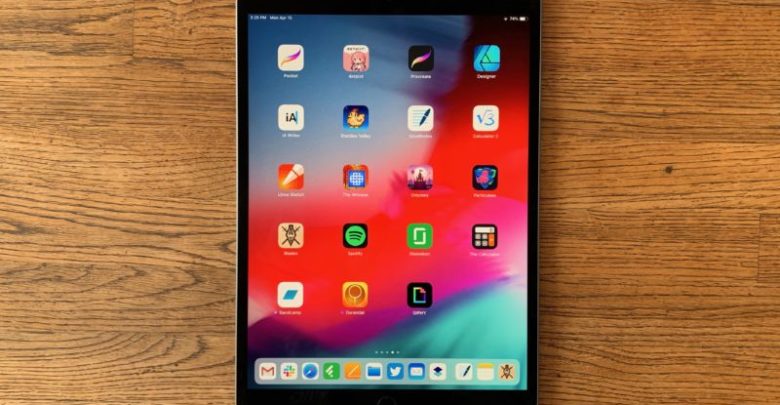Electronics
Apple’s new App Retailer insurance policies combat spam and abuse but additionally enable advertisements in notifications

Enlarge / The entrance of the 2019 iPad Air.
Samuel Axon
Earlier this week, Apple notified app builders of a revised set of App Retailer overview pointers—the foundations by which Apple curates its iOS/iPadOS, tvOS, watchOS, and macOS App Shops.
Amongst many different issues, the revised guidelines develop the definition of what constitutes a spam app and likewise make clear that builders are ready to make use of push notifications to serve advertisements to customers (offered customers have explicitly decide in to them) and restrict submissions of sure sorts apps to trusted organizations in regulated or delicate industries.
Essentially the most controversial of those modifications has been the clear assertion that builders can serve advertisements to customers by way of push notifications. At one level previously, Apple’s pointers said that push notifications “shouldn’t be used for promoting, promotions, or direct advertising functions or to ship delicate private or confidential info.” Now the rules state:
Push Notifications should not be required for the app to perform, and shouldn’t be used to ship delicate private or confidential info. Push Notifications shouldn’t be used for promotions or direct advertising functions until prospects have explicitly opted in to obtain them by way of consent language displayed in your app’s UI, and also you present a way in your app for a person to decide out from receiving such messages.
Pixel Envy’s Nick Heer famous that Apple was already failing to implement the unique language, so this looks like capitulation to what some builders have been doing for some time, maybe in response to problem policing this constantly. Heer additionally factors out that there’s not at the moment a pre-baked means for builders to kind between kinds of notifications, so the “you present a way in your app for a person to decide out from receiving such messages” language should still curb a few of this habits.
Builders must architect their very own methods of distinguishing between commercial notifications and others. Some will probably select to easily clarify to customers that advertisements will probably be a part of the push notifications deal and provides customers the power to decide out of notifications completely with that disclaimer. Others will deem it an excessive amount of hassle to develop an answer to delineate between message sorts. Others nonetheless will put within the further effort to just do that. Customers will proceed to have the choice to disable all notifications from an app or just cease utilizing it if they don’t like its habits.
In different modifications, Apple has signaled to builders that each one new apps should be submitted utilizing the iOS or iPadOS 13 SDK beginning April 30, and named April 30 as a deadline to implement Register with Apple in apps which are already providing different common sign-on providers—one thing Apple warned was coming many months in the past already. The overview pointers stipulate that builders should deal with customers with respect when responding to opinions within the App Retailer, that fortune-telling or relationship apps will probably be rejected “until they supply a singular, high-quality expertise,” and that builders might not use customized calls for or ideas that customers overview the app and as an alternative “use the offered API.”
One other notable growth is clarification that “apps that present providers in extremely regulated fields (corresponding to banking and monetary providers, healthcare, and air journey) or that require delicate person info needs to be submitted by a authorized entity that gives the providers, and never by a person developer.”
And in a associated growth, CNBC has spoken with app builders who declare Apple is rejecting some apps associated to the coronavirus that are not coming from trusted orgs like hospitals or governments with a view to stop the proliferation of apps that would unfold misinformation. CNBS cited 4 builders, noting that a few of the rejected “used public information from dependable sources just like the World Well being Group (WHO) to create dashboards or dwell maps.” Nonetheless, Apple might have concluded that completely permitting choose authoritative sources is the one approach to battle misinformation comprehensively. (Google’s Play retailer at the moment and deliberately reveals no outcomes in any respect for searches for “coronavirus” or “COVID-19.)
Platform firms have just lately battled snake oil and misinformation concerning the coronavirus and associated subjects. For instance, Amazon made a transfer to ban merchandise that declare to treatment COVID-19 and data platforms have sought to halt the unfold of false, doubtlessly panic-inducing info, or unhealthy info that jeopardizes customers’ well being. That stated, Apple’s actions on this have contributed to some builders’ ongoing frustration about transparency and consistency in App Retailer curation.
Apple has made the complete App Retailer overview pointers accessible on its developer web site.

